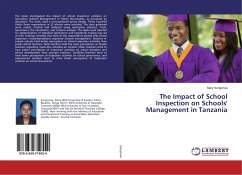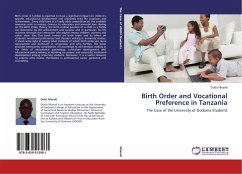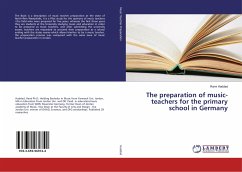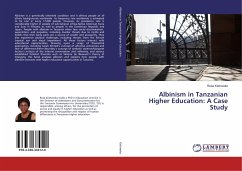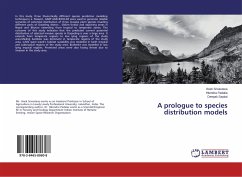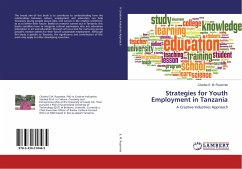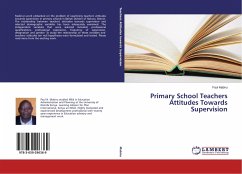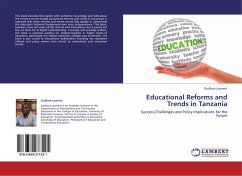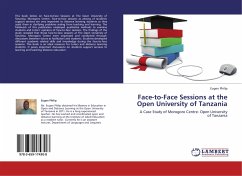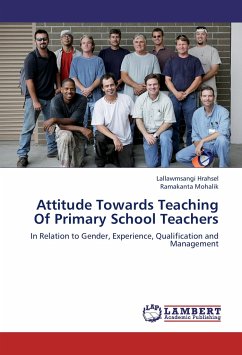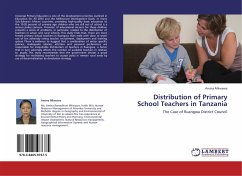
Distribution of Primary School Teachers in Tanzania
The Case of Ruangwa District Council
Versandkostenfrei!
Versandfertig in 6-10 Tagen
32,99 €
inkl. MwSt.

PAYBACK Punkte
16 °P sammeln!
Universal Primary Education is one of the development priorities outlined in Education for All (EFA) and the Millennium Development Goals. In many Sub-Saharan African countries, providing high-quality basic education to the 10-20 percent of primary age children who are still out of school is a serious policy concern. Provision of educational services for these children presents a series of problems, in particular, related to the distribution of teachers in urban and rural schools. This study finds that, there are more female primary school teachers in Ruangwa than male with close to seven out ...
Universal Primary Education is one of the development priorities outlined in Education for All (EFA) and the Millennium Development Goals. In many Sub-Saharan African countries, providing high-quality basic education to the 10-20 percent of primary age children who are still out of school is a serious policy concern. Provision of educational services for these children presents a series of problems, in particular, related to the distribution of teachers in urban and rural schools. This study finds that, there are more female primary school teachers in Ruangwa than male with close to seven out of ten adversely rating teacher recruitment, deployment and training system There is evidence to suggest that a combination of sector specific policies, inadequate salaries, attrition and personal preferences are responsible for inequitable distribution of teachers in Ruangwa, a factor that in turn adversely affects the number of available teachers in relation to pupils. This study recommends that the government devises a good strategy for motivating teachers to accept posts in remote rural areas by use of decentralization by devolution strategy



